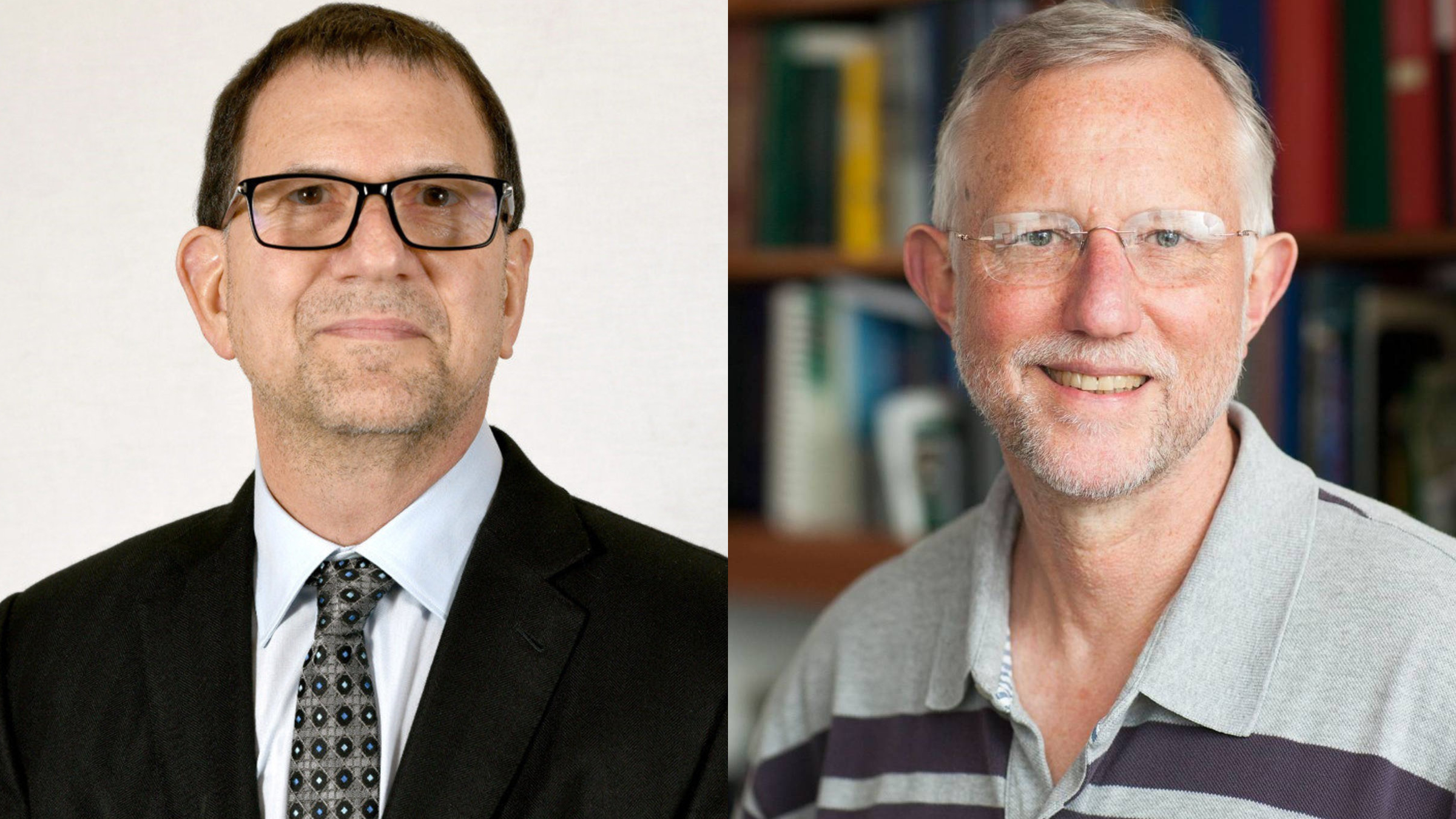
David Perlin (L) and Charles Rice
'Vaccines alone are insufficient': Merck, Aligos work with academic experts to find Covid antivirals as part of $65M NIH grant
Merck is throwing its weight behind a new consortium of academic, nonprofit and biotech scientists to discover oral antivirals that can fight Covid-19 — and pandemic …
Sign up to read this article for free.
Get free access to a limited number of articles, plus choose newsletters to get straight to your inbox.